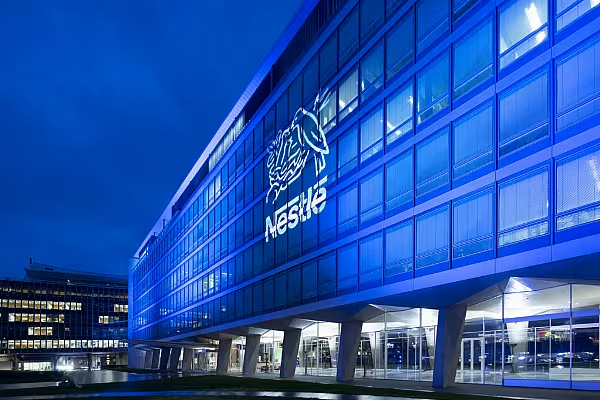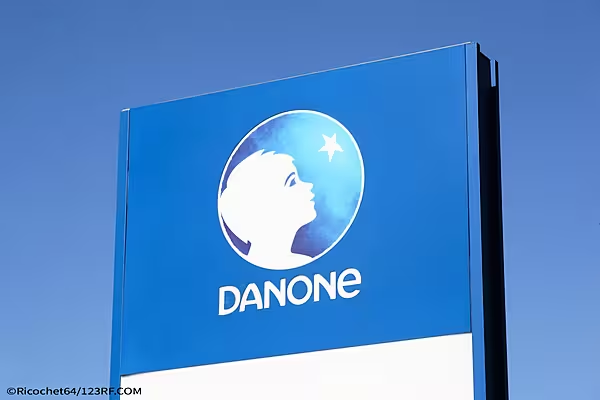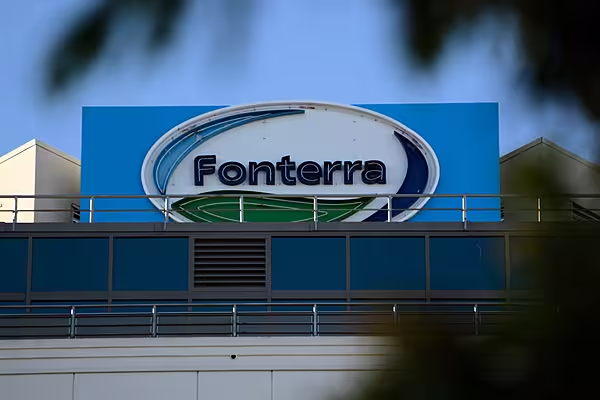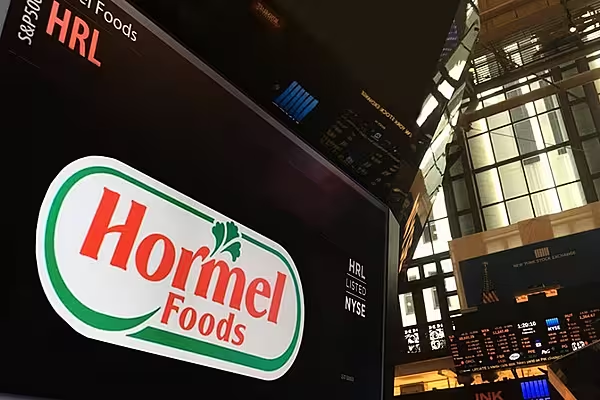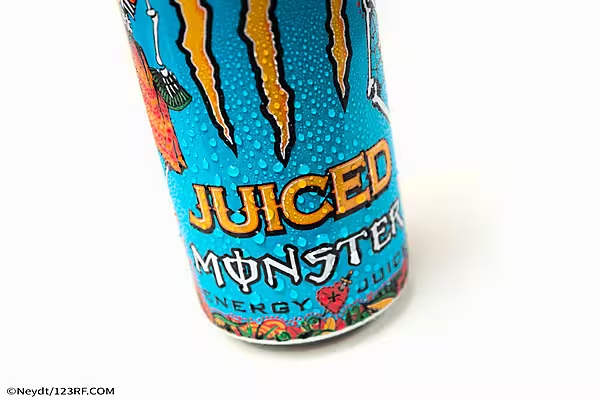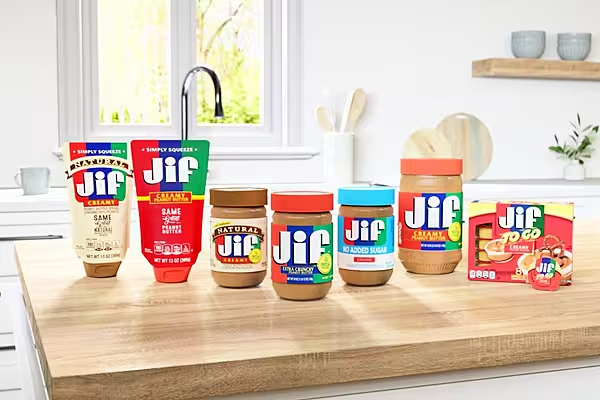Barclays recently lowered its rating for global food giant Nestlé in a development that will no doubt be watched closely by other big brands in the food sector.
Although Barclays welcomed the change of CEO at Nestlé, it believes 2024 will be 'a transitional year' with real recovery unlikely until 2026.
ESM examines five reasons why Barclays lowered its ratings for Nestlé.
1. Consumer Environment Is Tougher
In its report, Barclays noted that the low end US consumer disposable income is down close to 50% since COVID-19 due to inflation.
However, inflation is hitting all areas of the financial demographic and when this is the case, many consumers cut back when shopping for groceries and snacks.
Barclay's noted it will take time for consumers to adjust to the new 'reference prices' and it is currently not clear when that is likely to happen.
2. Uncertainty About Organic Growth
Changing CEO is a big step for any company but Barclays believes that Nestlé has not taken account for this in its short, medium and long-term outlook.
The report cites a 'mismatch' between internal and external expectations, which resulted in undue stress being put on the the organisation to deliver higher external expectations.
The good news is that with Laurent Freixe assuming the top job, this short-term mindset will be replaced by longer-term thinking even if it comes with short-term penalties.
3. A Small Margin Reset For 2025 Looking Likely
Nestlé CFO Anna Manz said recently that she is confident in the underlying margin structure of the business.
Barclays interprets this as margin growth resuming in 2026 and that getting back to a pre-COVID-19 gross margin of 49%-50% is still within reach, even if there is a small step back in the short term.
However, the report suggests that being 'too prescriptive' on margin guidance can be risky and suggests guiding moderate margin expansion in 2026 and beyond with 2025, a flat or small down year in terms of margin.
4. No Big Changes To Nestlé's Portfolio
Nestlé has some difficult decisions to make about some parts of its portfolio that are not working as well as they should be.
Barclays has highlighted Frozen Food and Water, in particular, as categories that are not performing to investor satisfaction.
Vitamins, Mineral and Supplement (VMS) is another part of the portfolio that Nestlé will need to work on.
5. Nestlé's Options Limited Due To Elevated Leverage
Manz also indicated that the 2.5-3.0x Net Debt/EBITDA is the right range for the company.
However, Barclays believes that debt pay down should be prioritised, as its net financing costs this year are expected to be in the region of CHF 1.6 billion (€1.7 billion) and Barclays would like to see Nestlé's Net Debt/EBITDA closer to 2x.
Barclays said cashflow generation has stagnated in recent years and doesn't cover its dividend and share buyback activity.
One possible way Nestlé could fund a new buyback would be to sell down its 20% L'Oreal stake which is currently worth more than CHF 40 billion (€42.8 billion). Barclays warns that if Nestlé did this it would be selling down 'one of the best assets around.'
